Team at University of Edinburgh using microbes to recycle lithium, cobalt and other expensive minerals.
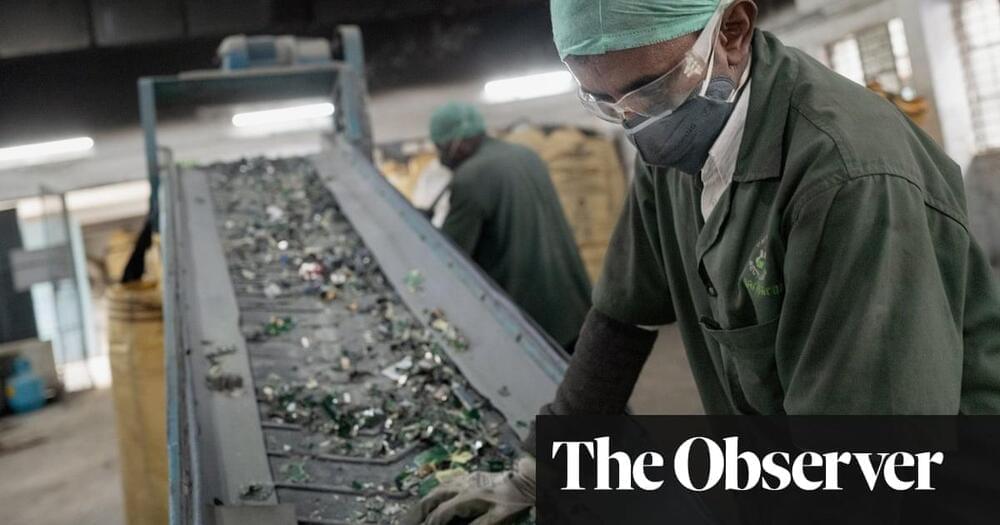

Note: This post is co-authored with Stacy Li, a PhD student at Berkeley studying aging biology! Highly appreciate all her help in writing, editing, and fact-checking my understanding!
Have you ever wondered what it would be like to upload your mind to a computer? To have a digital copy of your personality, memories, and skills that could live on after your biological death? This is the idea behind whole brain emulation, a hypothetical process of scanning a brain and creating a software version of it that can run on any compatible hardware. In this video, we will explore the science and challenges of whole brain emulation, the ethical and social implications of creating digital minds, and the potential benefits and risks of this technology for humanity. Join us as we dive into the fascinating world of whole-brain emulation!
#wholebrainemulation.
#minduploading.
#digitalimmortality.
#artificialintelligence.
#neuroscience.
#braincomputerinterface.
#substrateindependentminds.
#transhumanism.
#futurism.
#mindcloning
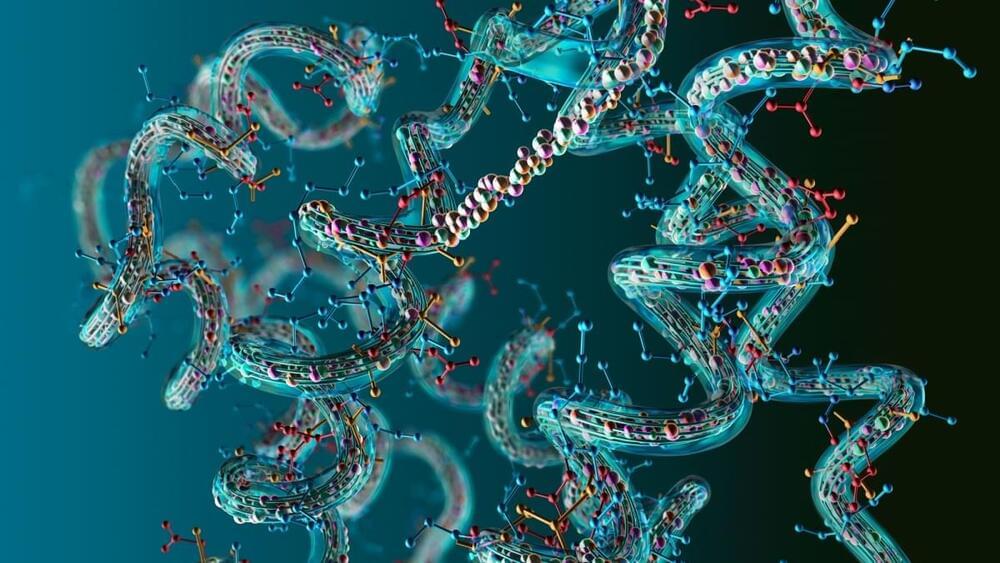
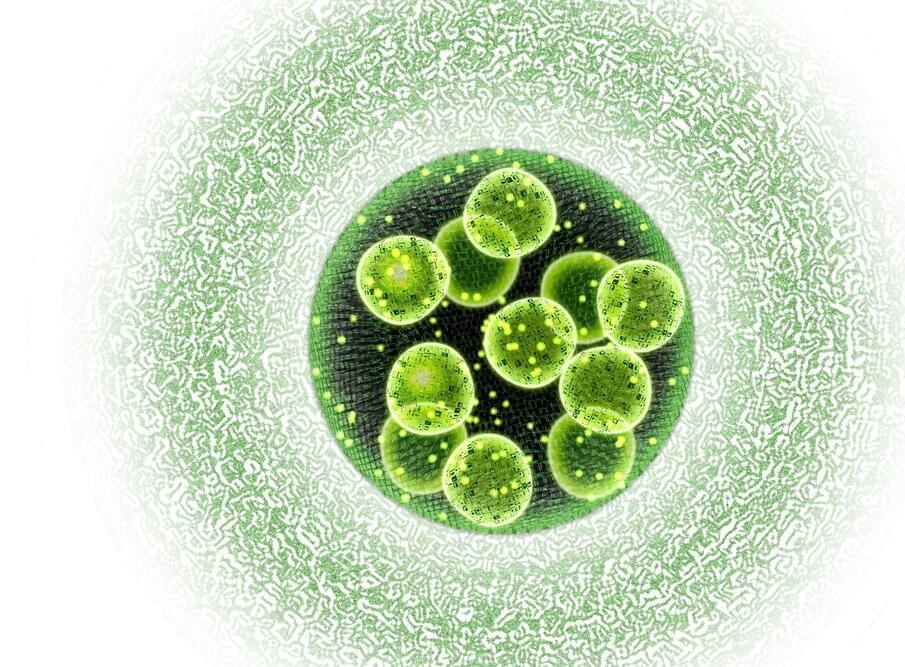
Follow Closer To Truth on Instagram for interesting articles, announcements, and giveaways: https://shorturl.at/p2IhM
Can biology be explained entirely in terms of chemistry and then physics? If so, that’s “reductionism.” Or are there “emergent” properties at higher levels of the hierarchy of life that cannot be explained by properties at lower or more basic levels?
Watch more videos on the philosophy of biology: https://shorturl.at/0D92A
Michael Ruse is the Lucyle T. Wekmeister Professor and Director of the History and Philosophy of Science Program at Florida State University.
Get exclusive member benefits with a free Closer To Truth account: https://closertotruth.com/
Closer To Truth, hosted by Robert Lawrence Kuhn and directed by Peter Getzels, presents the world’s greatest thinkers exploring humanity’s deepest questions. Discover fundamental issues of existence. Engage new and diverse ways of thinking. Appreciate intense debates. Share your own opinions. Seek your own answers.
Scientists are rethinking how to implement automation for biologists to reduce costs, simplify adoption, and increase reproducibility.
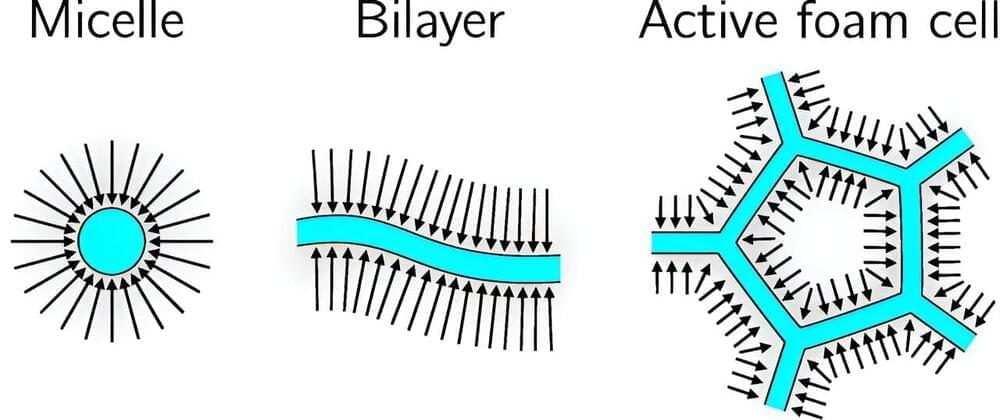
Many fundamental processes of life, and their synthetic counterparts in nanotechnology, are based on the autonomous assembly of individual particles into complex patterns. LMU physicist Professor Erwin Frey, Chair of Statistical and Biological Physics at LMU Munich and member of the ORIGINS Excellence Cluster, investigates the fundamental principles of this self-organization.
A view into how nanoscale building blocks can rearrange into different organized structures on command is now possible with an approach that combines an electron microscope, a small sample holder with microscopic channels, and computer simulations, according to a new study by researchers at the University of Michigan and Indiana University.
The approach could eventually enable smart materials and coatings that can switch between different optical, mechanical and electronic properties.
“One of my favorite examples of this phenomenon in nature is in chameleons,” said Tobias Dwyer, U-M doctoral student in chemical engineering and co-first author of the study published in Nature Chemical Engineering (“Engineering and direct imaging of nanocube self-assembly pathways”). “Chameleons change color by altering the spacing between nanocrystals in their skin. The dream is to design a dynamic and multifunctional system that can be as good as some of the examples that we see in biology.”
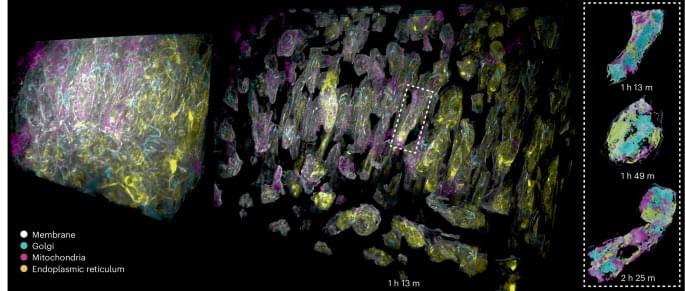
Imaging the 4D choreography of subcellular events in living multicellular organisms at high spatiotemporal resolution could reveal life’s fundamental principles. Yet extracting these principles from petabyte-scale image data requires fusing advanced light microscopy and cutting-edge machine learning models with biological insight and expertise.